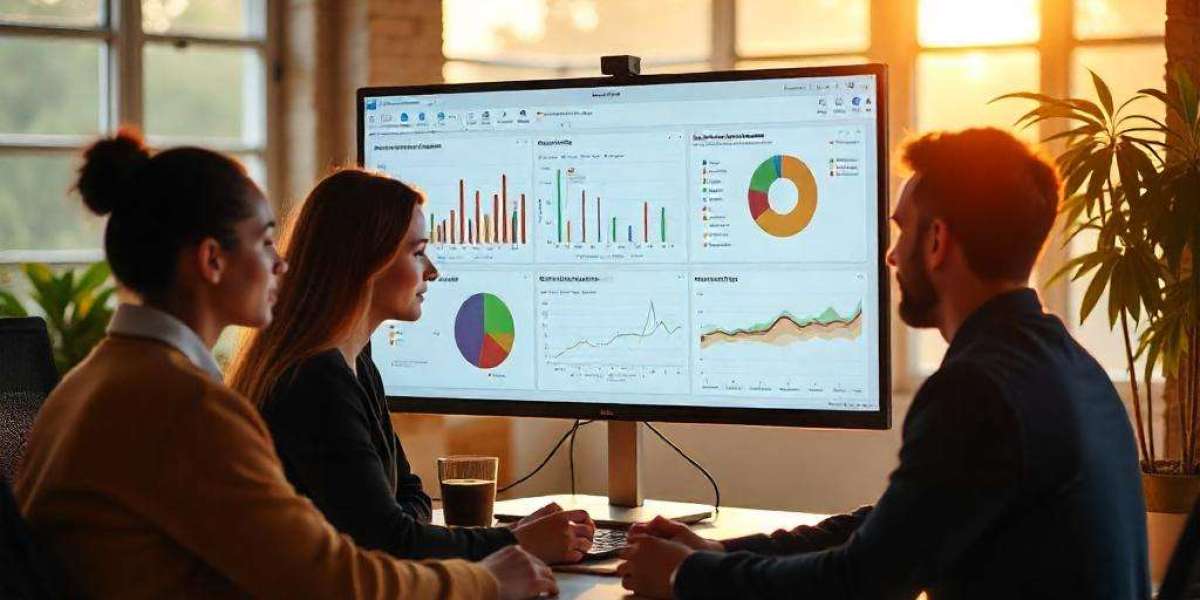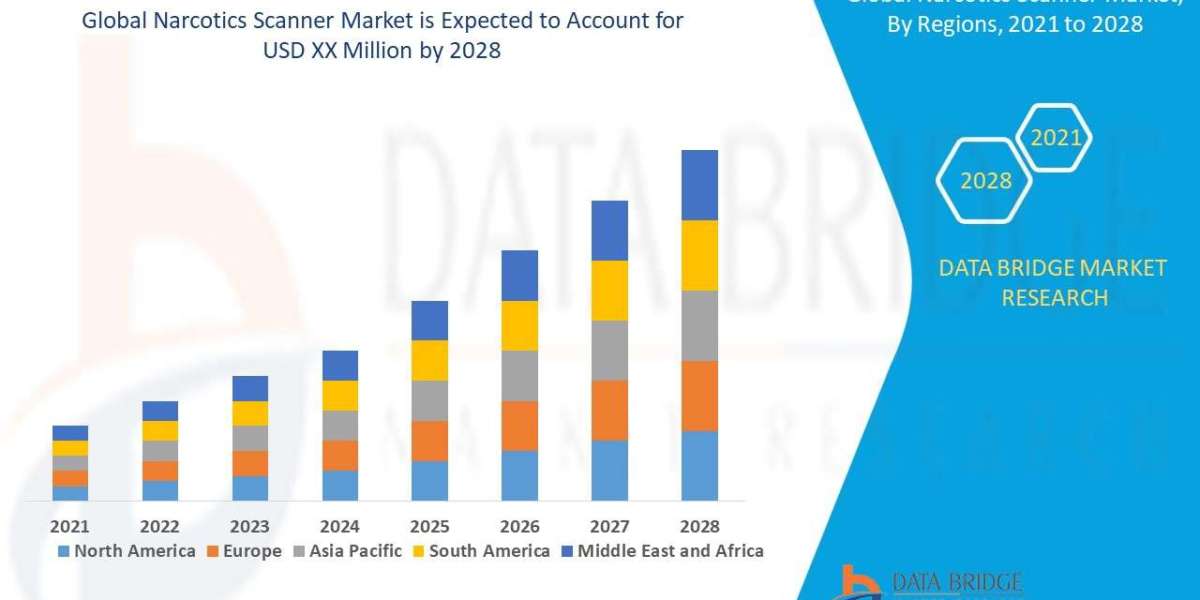ERP (Enterprise Resource Planning) software has significantly evolved over the past several decades. From simple systems that tracked inventory and payroll, ERPs have evolved into complex multi function tools that manage nearly every aspect of a business—from finance and HR to supply chain and customer relations. As technology continues to be more advanced at an incredible rate the future of ERP software looks very exciting. In this article, we look at some key trends that will shape the next generation of ERP systems and how businesses can get ready to benefit from them.
Cloud-based ERP is Becoming the New Normal
In the past, companies had to buy expensive hardware to run ERP software on their servers. Nowadays, most businesses are moving to cloud ERP solutions. Cloud ERP systems operate on the internet, so users can log in remotely from anywhere with their secure credentials. This is beneficial for businesses that have remote staff or multiple offices since they are now more easily connected.
Cloud ERP systems reduce upfront costs since businesses no longer have to purchase costly servers or invest in large teams of IT professionals. Instead, they pay a monthly or annual subscription, which includes maintenance, updates, and security. This is particularly helpful for small to medium-sized enterprises that are planning to grow rapidly.
Smarter Systems: How AI and Automation Are Transforming ERP
Artificial Intelligence (AI) and automation are making ERP systems smarter than ever before. AI technologies minimize human error, save time, and provide insights that were not possible earlier.
Below are some of the ways AI is transforming ERP software:
- Predicting customer demand with better accuracy
- Auto-generation of reports and invoices
- Alerting managers about potential issues like delays or fraud
- Analyzing data to improve business decisions
With these intelligent tools, companies are now able to function more effectively and respond quickly to the changes in the market.
ERP Systems Are Becoming More User-Friendly
One of the biggest complaints about older ERP systems was that they were too complicated. Employees needed special training just to use the software effectively. That’s changing now. Modern ERP systems focus more on user experience, offering easy-to-navigate dashboards, drag-and-drop tools, and mobile access.
This user-friendly design means employees at all levels—not just tech experts—can use ERP tools confidently. For example, a salesperson can check real-time inventory or create a sales report directly from their tablet or smartphone, even while on the go.
In rapidly growing cities like Bangalore, where businesses are expanding and tech-savvy talent is in demand, the need for user-friendly ERP solutions is higher than ever. That’s why many forward-thinking companies are turning to Wanhi, known for providing the Best ERP Software in Bangalore, to streamline daily operations and boost efficiency.
Industry-Specific ERP Solutions Are on the Rise
Every industry has its own unique challenges. A retail store doesn’t run the same way as a construction company or a hospital. That’s why ERP providers are now offering industry-specific solutions. These systems come with features that are designed for the specific needs of that sector.
For example:
- Manufacturing ERPs offer production planning, inventory tracking, and supplier management
- Healthcare ERPs include appointment scheduling, patient record systems, and compliance tools
- Retail ERPs provide stock alerts, POS integration, and customer loyalty tracking
These tailored ERP systems save time during setup and help businesses avoid paying for features they don’t need.
Conclusion
The future of ERP software is full of innovation, driven by cloud computing, AI, better design, and industry-specific solutions. These changes are making ERP systems more powerful, more flexible, and more accessible to companies of all sizes. As these trends continue, businesses that stay informed and open to adapting new technologies will be in the best position to grow and succeed. By choosing the right ERP partner and staying up to date on developments, companies can turn their ERP system from a basic tool into a powerful driver of growth.



